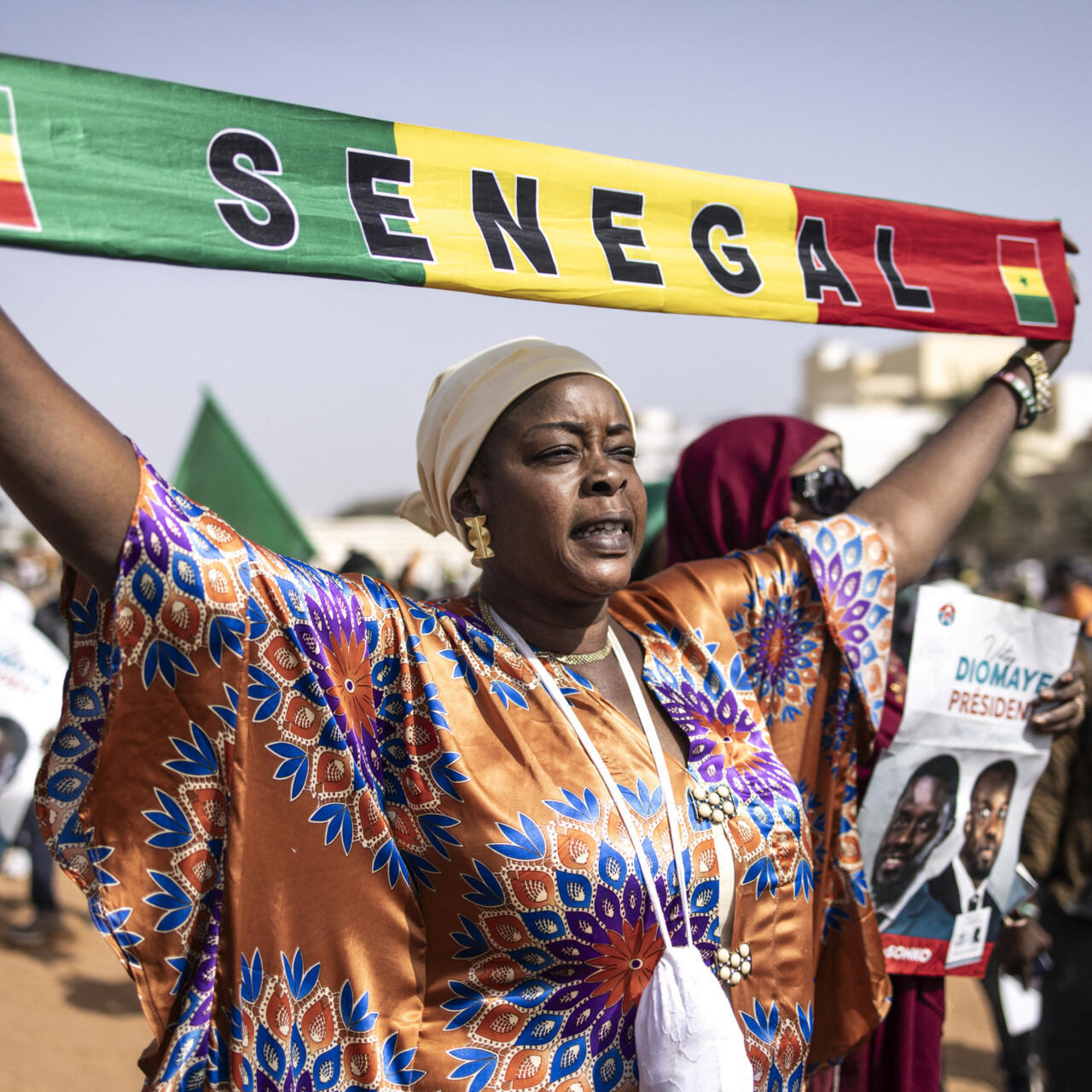
West Africa is navigating a turbulent period marked by political upheaval, social challenges, and grassroots initiatives aimed at fostering stability and development across the region.
In Senegal, the capital Dakar has witnessed a new twist in its municipal leadership. Abass Fall of Pastef was elected mayor on Monday, August 25, 2025, following an extraordinary municipal council meeting.
He succeeds Ngoné Mbengue, who had served as interim mayor. According to Seneweb, the succession comes amid an ongoing legal dispute involving former mayor Barthélémy Dias, dismissed eight months ago. The Supreme Court is expected to rule on his challenge soon.
Over the past seven years, Dakar has seen five mayors, two of whom were removed due to political and judicial conflicts, underscoring the city’s strategic and electoral significance.
In Mali, poverty and social hardship persist, particularly affecting children known as talibés, who often resort to begging in urban centres. Maliweb reports that security crises since 2012 have driven many families into cities, deepening economic strain.
However, initiatives like those of the NGO Kanuya, which has trained over 120 young people in sewing and mechanics, aim to reduce dependency on begging. Associations including Yiriwa and Musow Ka Tila are also introducing school canteens and microcredit programs for vulnerable women.
Guinea remains tense as the 90-day suspension of the UFDG party continues. Its leader, Cellou Dalein Diallo, has vowed to mobilise allies against what he calls a “confiscation of rights and freedoms.”
Côte d’Ivoire is bracing for presidential elections set for October 2025. Abidjan.net reports that over 30 candidates, including Jean-Louis Billon, Pascal Affi N’Guessan, Simone Ehivet Gbagbo, and Tidjane Thiam, have submitted their applications. The Constitutional Council will announce the final list on September 10.
In Burkina Faso, the special delegation of Kombissiri has launched the initiative “one village, at least one motorcycle for the VDP” to bolster local defence volunteers. President Captain Ibrahim Traoré has urged citizens to support national security forces in protecting the territory.
Elsewhere, Benin’s Constitutional Court has struck down amended parliamentary rules for failing to comply with procedural standards, while Nigeria has shut down 22 illegal higher education institutions as part of reforms announced by President Bola Tinubu.
In Gambia, a 25-year-old woman was arrested in Tallinding for allegedly attempting to kill her newborn, raising concerns over social stigma tied to marital pressures. Meanwhile, in Togo, former minister Marguérite Gnakadé has called for unity against corruption and human rights violations under President Faure Gnassingbé’s administration.
The developments highlight the region’s fragility but also its resilience, as both governments and citizens seek paths toward political stability, social justice, and reform.



